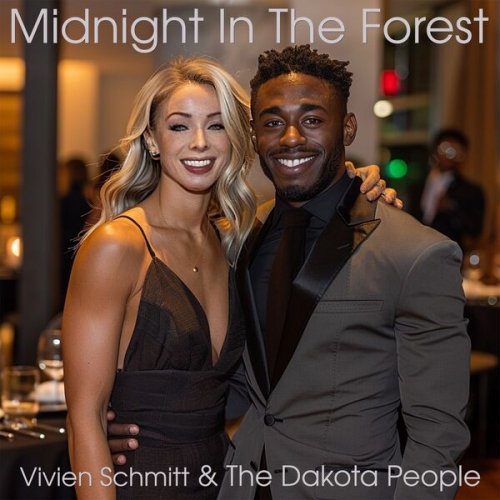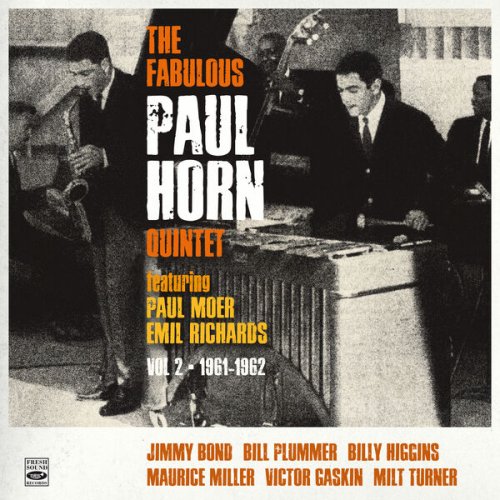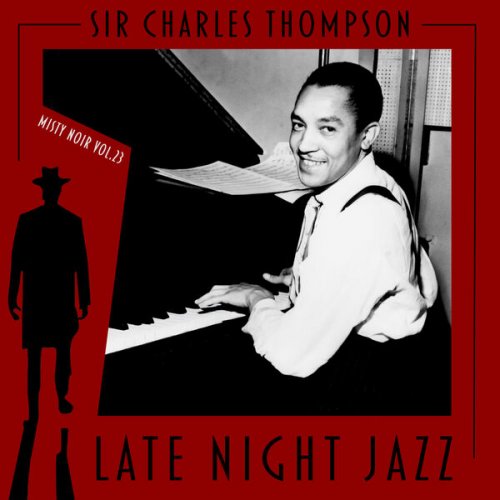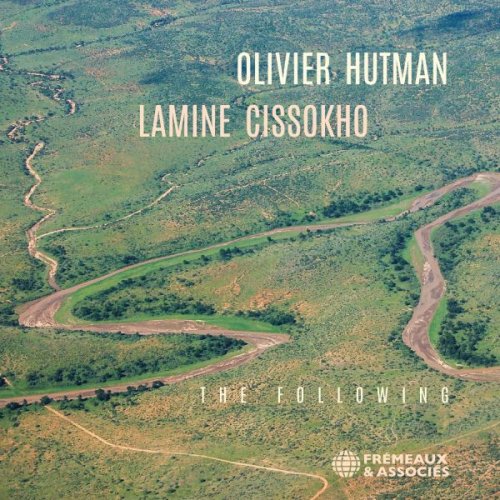Sarah Manning - House on Eddy Street (2004)
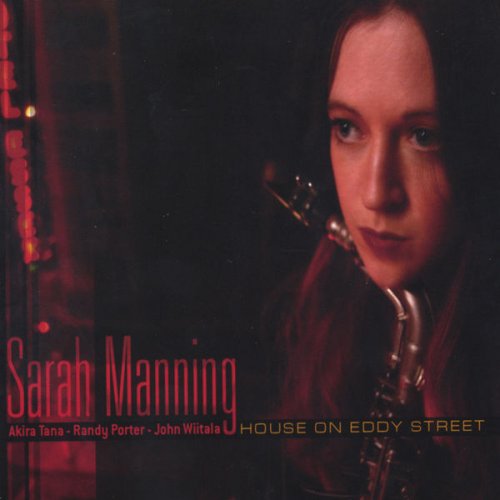
Artist: Sarah Manning, Randy Porter, John Wiitala, Akira Tana, Mike Olmos
Title: House on Eddy Street
Year Of Release: 2004
Label: Elflion Records
Genre: Jazz
Quality: FLAC (tracks) / MP3
Total Time: 44:01
Total Size: 259 / 102 MB
WebSite: Album Preview
Tracklist:Title: House on Eddy Street
Year Of Release: 2004
Label: Elflion Records
Genre: Jazz
Quality: FLAC (tracks) / MP3
Total Time: 44:01
Total Size: 259 / 102 MB
WebSite: Album Preview
1. Musashi (07:59)
2. Habersham Street (09:16)
3. Of Lions and Mailboxes (05:50)
4. Powell Street Yowl (10:10)
5. House On Eddy Street (09:56)
6. Zooey (00:47)
Personnel:
Sarah Manning, alto sax;
Randy Porter, piano;
John Wiitala, bass;
Akira Tana, drums,
Mike Olmos, trumpet.
This debut recording from 28-year-old saxophonist and composer Sarah Manning offers a strong introduction to her abilities to write and play within the friendly confines of neo-bop music. That summation is aided immensely by the presence of her trio, which consistently keeps prodding the altoist's performance.
Manning is a native New Englander who felt that she didn't fit into the academic restrictions of the University of Massachusetts and William Paterson College in New Jersey, where she studied with Rufus Reid and Yusef Lateef. Starting anew in San Francisco, Manning began by busking for change in order to finance her cross-country relocation. Her talents were recognized per her appearances at leading Bay Area jazz clubs like Shanghai 1930, Jupiter, and Jazzschool. Radio station KCSM's Michael Burman selected this album as number five in the list of the top ten new releases of 2004.
The six compositions are all Manning originals and they have the angularity of tunes from the Blue Note 1960s era. The opening notes of "Powell Street Yowl" begins with the unison playing of Manning and trumpeter Mike Olmos sounding much like the car horns and cable cars on San Francisco's Powell Street. The appearance of Olmos adds a nice touch by providing a second horn. The liner notes are written by none other than respected jazz critic/political columnist Nat Hentoff, and they speak of the importance of Sarah Manning's ability to really play a ballad without speeding it up. On the title tune, Manning does just that, although on her second solo, she's progressed to a more driving mid-tempo pace. In the liner notes, Hentoff observes that Manning's words and style invoke the spirit of Booker Little, Dizzy Gillespie, and Charles Mingus, which is not too shabby an addition to a new artist's resume.
The rhythm section is comprised of three excellent musicians. Randy Porter is a pianist who has worked with Charles McPherson. Bassist John Wiitala has worked with tenor sax greats Joe Henderson, Charlie Rouse, and James Moody, and most recently with pianist Jessica Williams. Drummer Akira Tana has a multitude of albums under his own name and in the cooperative TanaReid with bassist Rufus Reid, and here he is a exceptionally proactive percussionist.
Review By Michael P. Gladstone
Manning is a native New Englander who felt that she didn't fit into the academic restrictions of the University of Massachusetts and William Paterson College in New Jersey, where she studied with Rufus Reid and Yusef Lateef. Starting anew in San Francisco, Manning began by busking for change in order to finance her cross-country relocation. Her talents were recognized per her appearances at leading Bay Area jazz clubs like Shanghai 1930, Jupiter, and Jazzschool. Radio station KCSM's Michael Burman selected this album as number five in the list of the top ten new releases of 2004.
The six compositions are all Manning originals and they have the angularity of tunes from the Blue Note 1960s era. The opening notes of "Powell Street Yowl" begins with the unison playing of Manning and trumpeter Mike Olmos sounding much like the car horns and cable cars on San Francisco's Powell Street. The appearance of Olmos adds a nice touch by providing a second horn. The liner notes are written by none other than respected jazz critic/political columnist Nat Hentoff, and they speak of the importance of Sarah Manning's ability to really play a ballad without speeding it up. On the title tune, Manning does just that, although on her second solo, she's progressed to a more driving mid-tempo pace. In the liner notes, Hentoff observes that Manning's words and style invoke the spirit of Booker Little, Dizzy Gillespie, and Charles Mingus, which is not too shabby an addition to a new artist's resume.
The rhythm section is comprised of three excellent musicians. Randy Porter is a pianist who has worked with Charles McPherson. Bassist John Wiitala has worked with tenor sax greats Joe Henderson, Charlie Rouse, and James Moody, and most recently with pianist Jessica Williams. Drummer Akira Tana has a multitude of albums under his own name and in the cooperative TanaReid with bassist Rufus Reid, and here he is a exceptionally proactive percussionist.
Review By Michael P. Gladstone
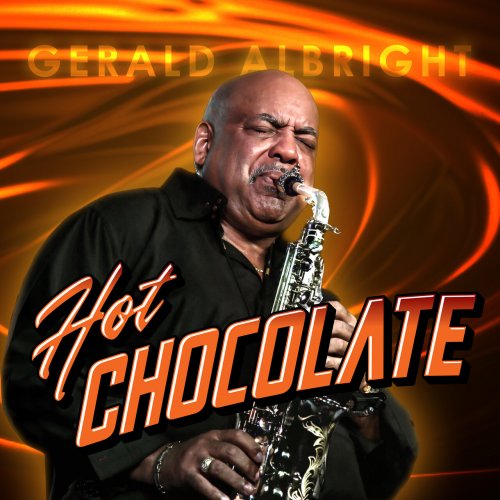
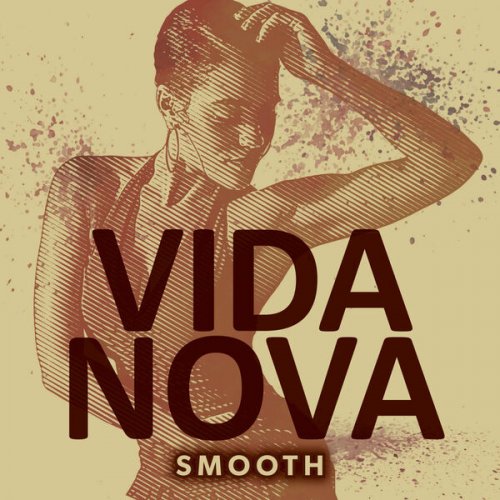
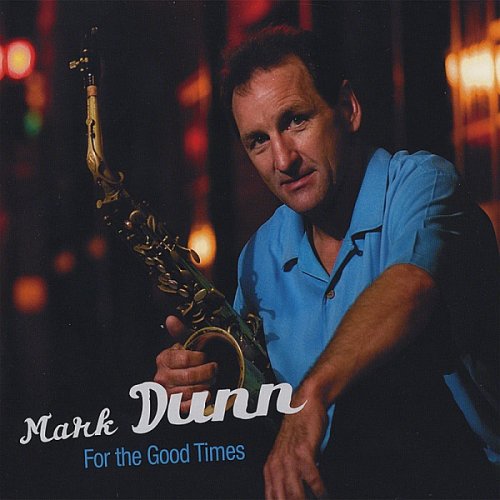
![Wes Montgomery - Full House (Remastered 2026 / Live At Tsubo / 1962) (1962) [Hi-Res] Wes Montgomery - Full House (Remastered 2026 / Live At Tsubo / 1962) (1962) [Hi-Res]](https://www.dibpic.com/uploads/posts/2026-02/1772124946_cover.jpg)
